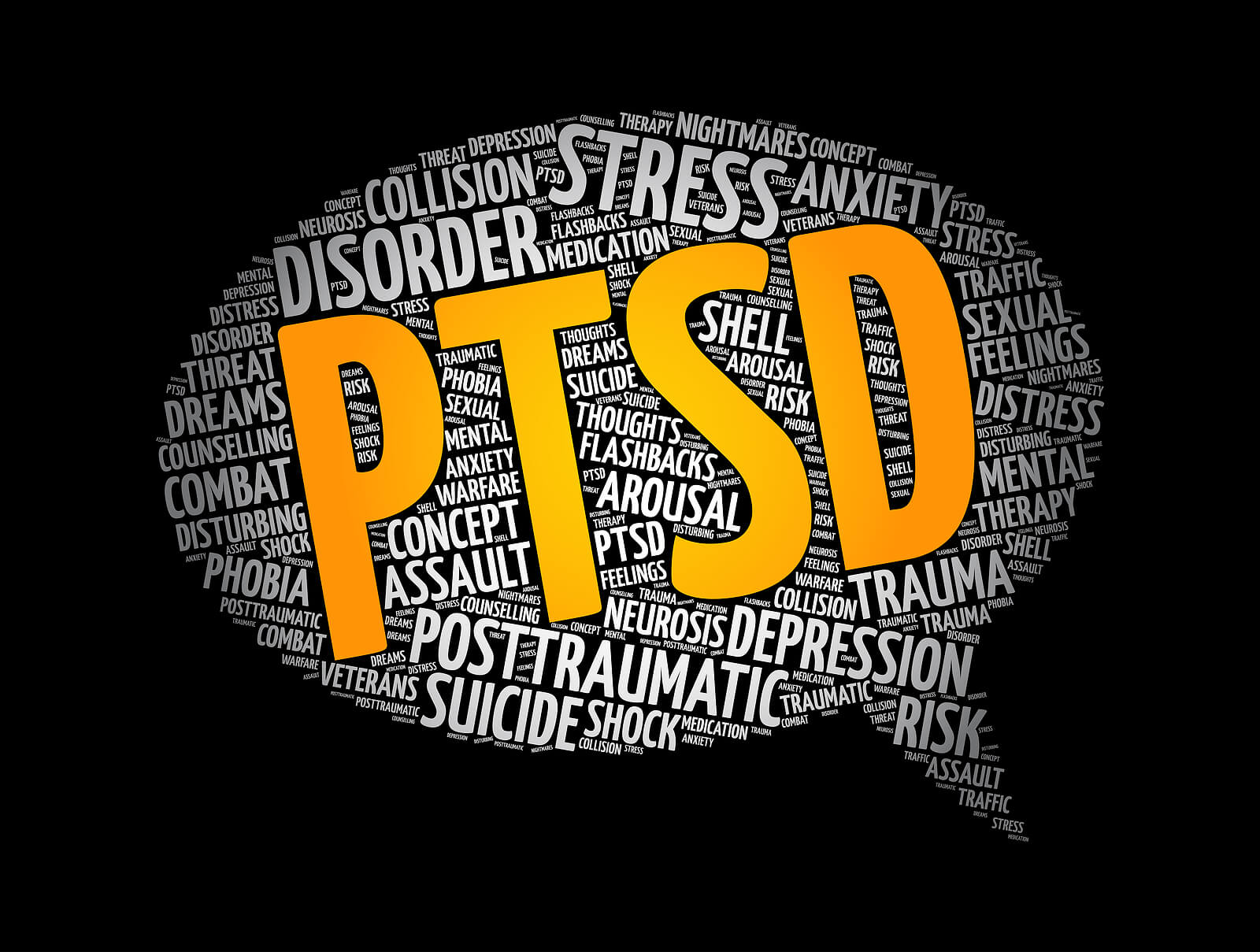Congrats! You have been doing reading, thoughtful reflection, and seeking out therapeutic support for dealing with your trauma symptoms. The road has been hard so far and taking that first step can be stressful. It is important to remind yourself that healing is not linear and looks different for everyone, offering yourself grace is very necessary in the process. The impact of trauma could be subtle, underhanded, or just absolutely damaging. Many factors affect a person after a traumatic event. It could affect your personality or character, the type of reaction you have to events, your development process, or some sociocultural influences.

Key Challenges that arise:
- Dissociation when beginning to unpack trauma
- Increase in maladaptive coping, reverting to old behaviors that helped with alleviating painful triggers but can be self-harming
- Slower cognitive processing
- Isolating from other people, and not trusting others- this can impact the therapeutic process
- Engaging in avoidance
- Difficulty managing distress
How to combat these challenges:
Any form of mindful movement or exercise–
Since trauma messes up your internal system, keeping you in a state of fear and hyperarousal —exercise and movement can help your nervous system. Getting yourself moving means moving your mind and body. When taken care of, mental and physical health allows you to do more and be more —for yourself and others, especially during a crisis.

Identify and lean into support systems–
make an effort to remain in the lives of the people you care about. Take note of triggers that come up to unpack in therapy
Identify ways to self-regulate–
It is crucial that you can calm yourself even when you are by yourself and control your emotions. This will help relieve your anxiety and agitation associated with your trauma and eventually have a greater sense of control over your feelings.
Take care of your health, especially if you tend to lean into maladaptive and self-harming coping strategies–
Give yourself a chance to rest, get some sleep, avoid consuming too much alcohol or drugs, and eat healthier. When you are healthy in mind and body, chances are greater when coping better with trauma and all its symptoms.
Important things to look for in trauma-informed care:
- Emotional safety. Trauma-informed healthcare professionals take care to discuss your history without making you relive your trauma or triggering post-traumatic stress symptoms.
- Cultural sensitivity. Your trauma therapist should have a working knowledge of your cultural background and understand common jargon and social norms.
- Agency. Trauma-informed care aims to restore your sense of control and power, helping you capitalize on your strengths.
- Therapy modalities- A trauma therapist who has a working knowledge of trauma treatment modalities such as Eye Movement Desensitization and Reprocessing (EMDR), Cognitive-behavioral therapy (CBT), Dialectic Behavioral Therapy (DBT), and the ability to help navigate your needs.
Important things to Remember:
Post-traumatic growth is possible!

Examples of post-traumatic growth
- Personal strength. You might go on to feel more confident, capable, or assertive than you did before the traumatic event.
- Relating to others. You might find it possible to develop closer bonds with others or grow your support network.
- Appreciation of life. You may find it easier to live without taking the present for granted and treasure everything life has to offer.
It’s the recovery process that leads to improvement, not the trauma itself. In other words, you can become stronger in spite of that pain and hurt, not because of it.
You may experience a mix of growth and challenges. You may find, for example, that recovery leaves you with more gratitude for the positives in life, but also more vulnerable and less guarded than before.
Overcoming Trauma: Steps Toward Healing and Growth
Healing from trauma is a journey, and you’re already taking brave steps toward recovery. At our practice, we’re here to support you through every challenge and celebrate every moment of growth. Whether it’s learning to self-regulate, unpack triggers, or find strength in connection, we provide trauma-informed care tailored to your needs. Reach out today to start working toward a future where resilience and healing are within reach. Let’s take this next step together.
- Reach out to us here!
- Learn more about trauma responses, symptoms, and more by reading our blogs.
- Connect with a trauma therapist and start your healing journey!
Other Services We Offer in Addition to Trauma Therapy
We provide a range of services in New York and North Carolina to support your journey toward healing and growth. For those in the LGBTQIA+ community, our affirming LGBTQ+ therapy creates a safe space to explore and embrace your identity with compassion. We also offer couples therapy to help partners strengthen their connection and build more meaningful relationships. For individuals looking for anxiety relief, we offer DBT, CBT, and more!

